Hyperthyroidism: My Friend Alexa 2021
Table of Contents
Thyroid diseases affect whole of the body since it affects the body metabolic rate. Hyperthyroidism or hyperactive thyroid causes excessive release of thyroid hormones in the system leading to an overactive body. Hypothyroidism is a relatively less life-threatening condition but on another hand, hyperthyroid had severe complications. A person suffering from overactive thyroid should be very cautious.
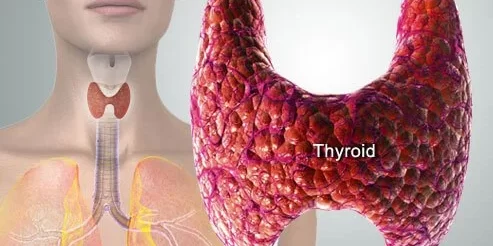
How do I recognize hyperthyroidism?
- Weight loss
- Increased appetite
- Increased heart rate causing palpitations
- Arrhythmia (irregular heartbeat- it’s a serious symptom)
- Intolerance to heat
- Increased bowel movements causing diarrhea
- Thin, coarse skin
- Anxiety, nervousness
- Disturbed sleep pattern, reduced sleep
- Enlarged thyroid gland in neck
- Brittle & dry hair
- Bulging of eyes/ Blurring of vision (Grave’s disease)
Risk factors of Hyperthyroidism
- Family history
- Gender: more common in females
- Age: >60 years
- Few diseases like Pernicious Anemia/ Type 1 Diabetes/ primary Adrenal insufficiency (Addison’s Disease)
- Pregnancy or Post-partum (after delivery)
What are the causes of Hyperthyroidism?
- Grave’s Disease: it’s an auto-immune disease in which the body attacks thyroid gland in turn thyroid gland releases all of the stored hormones in body. It causes hyperthyroidism. It’s a genetically inherited condition and it runs in the family.
- Thyroid nodule: at times thyroid gland develops hypersecreting nodules which have ability to produce more hormones and release them in the body, which leads to hyperthyroidism.
- Thyroiditis: it’s a type of infection and swelling of thyroid gland causing it to produce more thyroid hormone after certain period the infection subsides and thyroid gland becomes less active going into hypothyroidism.
- Iodine: if there’s increased uptake of iodine in body either by drugs or at times by iodine rich dye then it might lead to hyperthyroidism.
How do I know if it’s hyperthyroidism?
Investigations have to be done to confirm the disease
Blood investigations:
- Thyroid function test
- Thyroglobulin
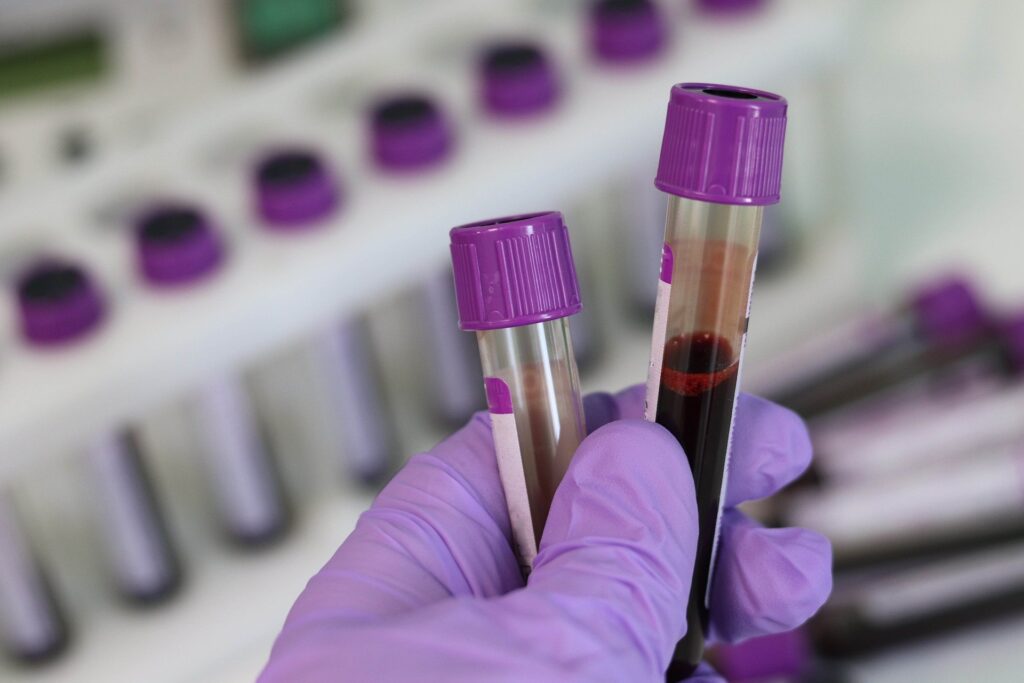
Radiological investigation:
- Ultrasonography
- Thyroid scan (it can detect hypersecreting thyroid gland or nodule)
Treatment of hyperthyroidism?
- Medication: it could be managed by Anti-Thyroid drugs like:
- Methimazole (Neomercazole)
- Propylthiouracil (PTU)
- Radioactive iodine: The radio tagged Iodine is given by tablets and it’s uptake by thyroid causes destruction of hyperactive areas of thyroid gland.
- Surgery: the surgeon removes the hyper-secreting part of thyroid gland to normalize the level of thyroid hormone in body.
- Beta blockers: they stop the adverse actions of thyroid hormones on the body. They do not alter the disease status but controls the symptoms.
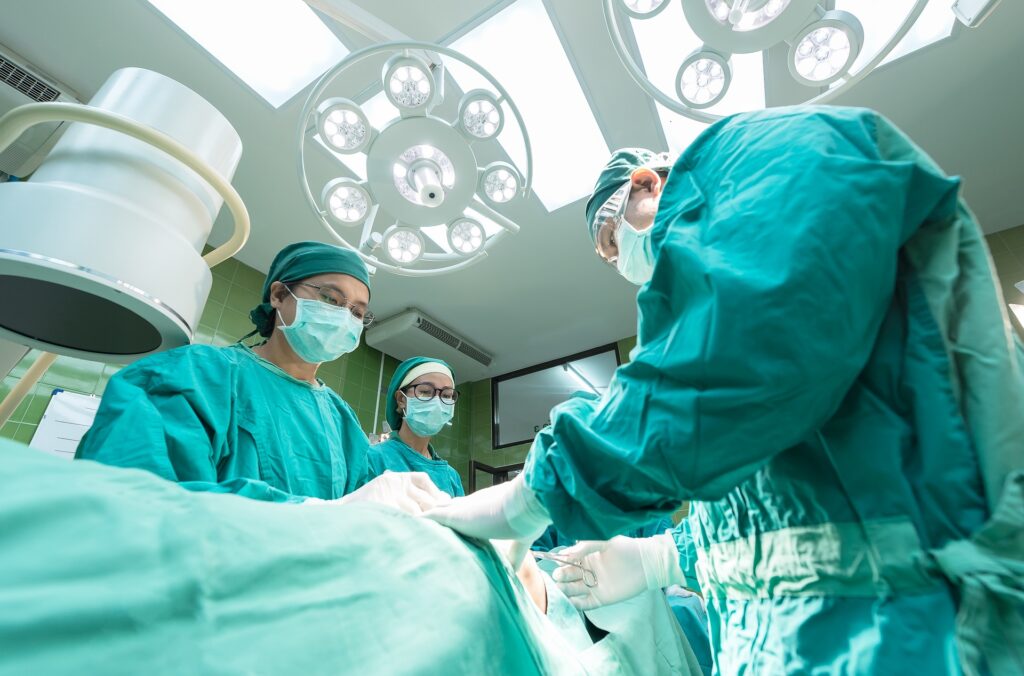
Complications of Hyperthyroidism
- Grave’s Ophthalmopathy: it’s a condition that develops with high thyroid levels. Bulging, red & swollen eyes with blurring or double vision. If left untreated then could lead to vision loss too.
- Heart Problems: in hyperthyroidism heart problems are very common like increased heart rate & rhythm abnormalities like arrhythmias etc. Which might further lead to congestive heart failure (heart is not able to meet with the demands of the body)
- Osteoporosis: there’s a reduction in bone density in hyperthyroidism so they’re prone to breakage.
- Thyroid Storm: it’s a Life-threatening condition & happens in a stressful condition like trauma/ heart attack etc.
Alexa Global Rank: 479686
Alexa Country Rank: 36410
Be Happy, Be Healthy
Disclaimer: This post is a part of Blogchatter’s My friend Alexa 2021 Challenge.
- Post 1: https://livingherself.com/2021/09/20/my-friend-alexa-2021/
- Post 2: https://livingherself.com/2021/09/22/know-about-thyroid-diseases/
- Post 3: https://livingherself.com/2021/09/24/do-i-have-thyroid-disease-hypothyroidism/
Reference:
- https://www.mayoclinic.org/diseases-conditions/hyperthyroidism/symptoms-causes/syc-20373659
- https://my.clevelandclinic.org/health/diseases/14129-hyperthyroidism
- https://www.niddk.nih.gov/health-information/endocrine-diseases/hyperthyroidism
- https://medlineplus.gov/hyperthyroidism.html
- https://www.healthline.com/health/hyperthyroidism
- https://www.endocrineweb.com/conditions/hyperthyroidism/hyperthyroidism-overview-overactive-thyroid
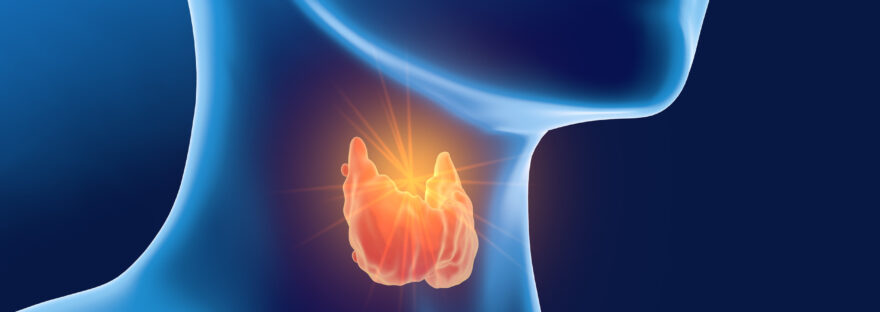
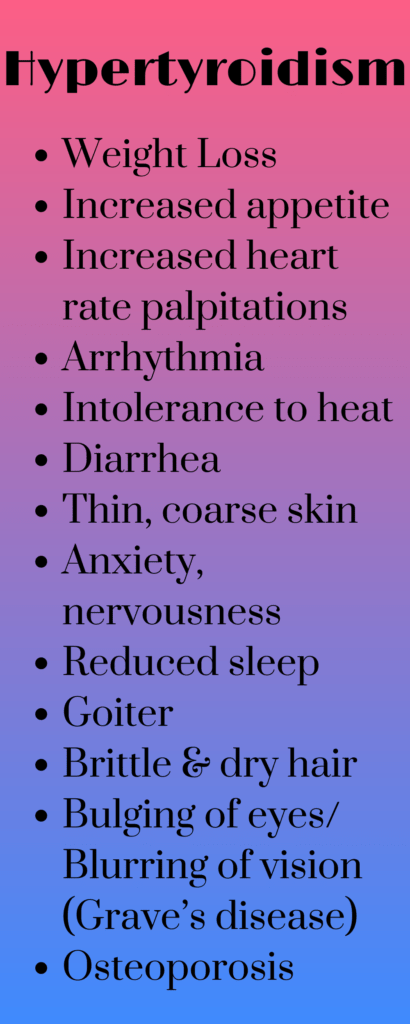
Systematic presentation of the topic.
I suffered from hypothyroidism and had to get treated for it before my pregnancy.
I’m glad you got through difficult times and are healthy now.
Quite a detailed post on hyperthyroidism. Thank you for sharing the info.
This is a very detailed post on hyperthyroidism. It is very common these days. I am sure its helpful for those looking for details.
Such posts make us aware about our health. Thanks for sharing all the details.
Thanks for sharing the detailed info on this. Important to balance diet with exercise and good eating habits.
Wow lesrnt many new things on hyperthyroidism. Informative post
Thanks for sharing valuable information
This is informative and helpful in coming to terms with a diagnosis.
This is quite informative post . We should get tested regularly
I was totally unaware of Hyperthyroidism. Thank you for the post!
Such a detailed post. Really informative,
Hyperthyroidism is a scary condition with far-reaching after effects.
I have hypothyroidism since 8 years now. And diabetes sonce 4 years. Life gets too difficult
I have a question…How safe is the surgery? Is it a permanent cure? Are there no side affects.
it does come under major surgeries with a few complications but the cure of few type of thyroid swelling is permanent.
I’m going to post on Thyroid surgery, complications & post-op care too as my last post of the series
Quite informative. I had hypothyroidism during my first pregnancy but no symptoms or anything as such… Just to know due to the blood reports.
Early symptoms if take care of and understood, I think it becomes easy to manage. Your post is great help towards understanding of this health issue.
As always, a very informative post. My mother suffered from hyperthyroidism years back and it was a scary time. She is fully recovered now.
This is a very helpful post on Hyperthyroidism with proper medical references. We should always be alert of our family history in terms of medical.
Another very informative post. I had hyperthyroidism years back. It was diagnosed in time and I made a full recovery.
I suffer from hypothyroidism and I’m glad to read about all the thyroid disorders through your posts.
Really helpful. I didn’t know so many of the things you’ve pointed out here
A very informative article. #MyFriendAlexa #TinasPicks
Very insightful post and thanks for sharing it in detail. Sometimes people don’t even realize that they are suffering.
Quite an informative blog.